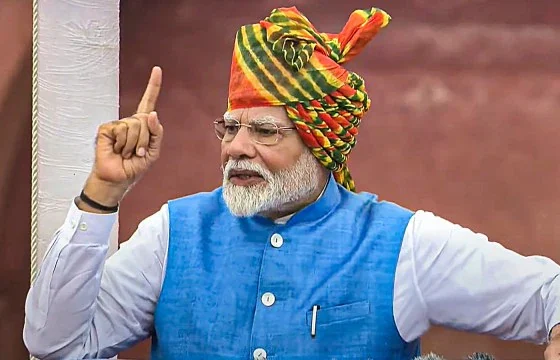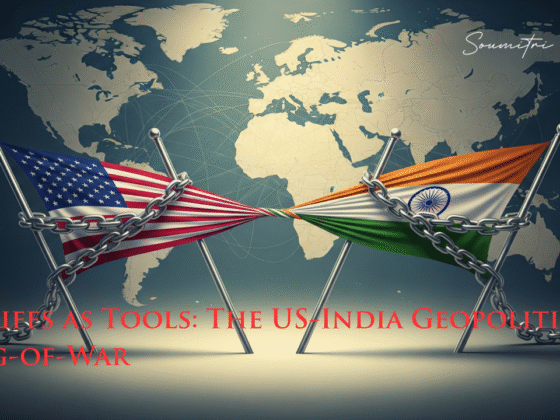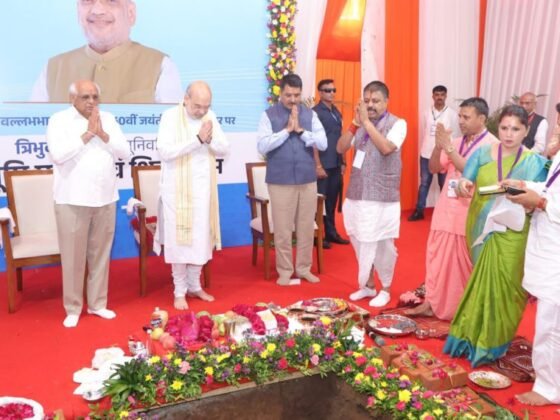Transgenders: Isolated even in their deaths
The concept of gender identity and expression is complex and the societal acceptance of non-binary individuals has a long way to go. ‘Transgenders’ or ‘Hijras’ as a third gender in India, have historically faced social stigma and ostracization, often leading to isolation, poverty, and violence. According to the 2011 Census of India, there are approximately 4.9 lakh (490,000) transgender people in India and A survey conducted by the National Centre for Transgender Equality (NCTE) found that 90% of the respondents earn less than INR 10,000 ($133) per month. Their lives are often marked with suffering and isolation and their deaths are no exception.
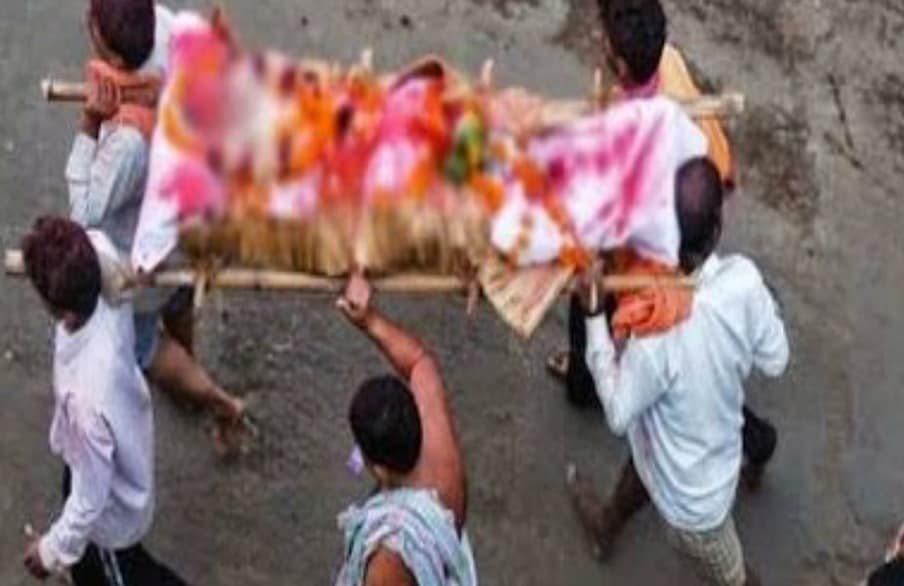
Treated Differently throughout their lives and so do their Last Rights.
The last rites for a transgender are vastly different from the traditional burial or cremation rituals that we are accustomed to. The funeral of a transgender is a private affair and the rituals are conducted by their fellow community members. Their community is close-knit and the members usually take care of each other. After the passing of a transgender, their body is washed and wrapped in a white cloth. The body is then adorned with flowers and the face is covered with a veil. The members of the community then perform the last rites, which involve the burial or cremation of the body.
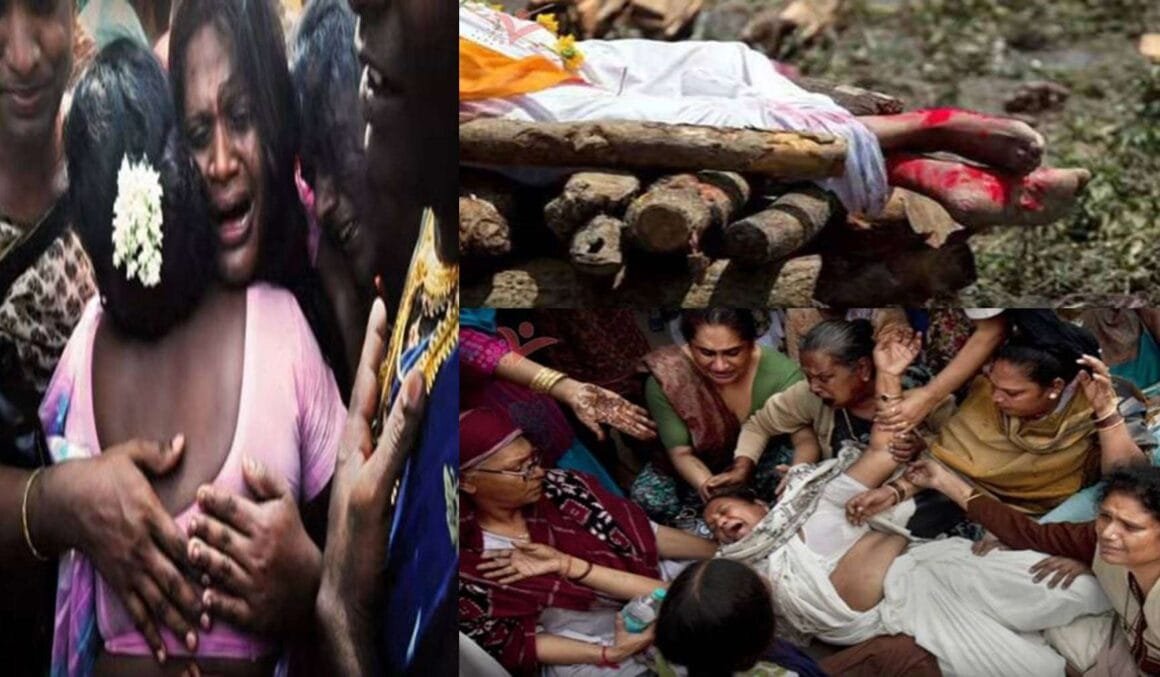
The burial of a transgender is a rare occurrence and it is usually only done if the person has explicitly stated their wish to be buried. In most cases, transgender are cremated and the ashes are either scattered in a river or buried in a designated area. The cremation process is similar to that of a traditional Hindu cremation. The body is placed on a pyre and the members of the community light the fire. The ashes are then collected and stored in an urn.
Death: The Ultimate Release from the suffering they face being disowned by their families

The funeral rites for a transgender are usually marked by the absence of biological family members since, out of taboo and archaic stigmas, transgenders are often disowned by their families and are left to fend for themselves. As a result, they form close bonds with their community members, who become their family. Their funeral is a somber affair and there are no elaborate mourning rituals. The transgender community believes that death is a release from the suffering of their lives and they do not celebrate mourning.
“Chappal maar ke bidaai“: seems Barbaric but carried out as a mark of respect
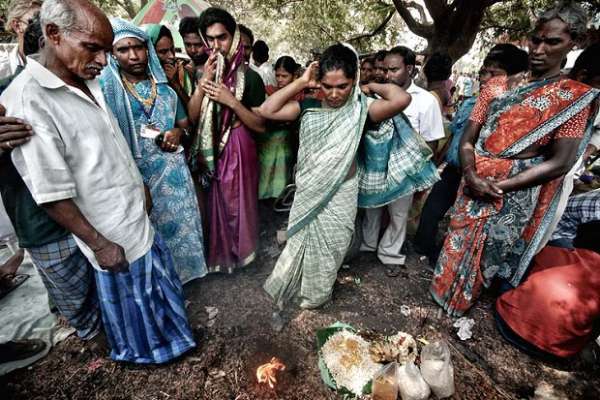
One of the most striking customs associated with the funeral of a transgender is the beating of the body with shoes and slippers. This practice is known as “chappal maar ke bidaai” and is carried out as a mark of respect. The beating of the body is done to ward off evil spirits and to ensure that the transgender’s soul rests in peace. While this practice may seem barbaric, it is an integral part of the funeral rites for a transgender. It is however frowned upon by many as it latently showcases that being a trans person is considered a bane and hence abnormal in a negative notion.
They Live in Darkness, They Leave in Darkness.
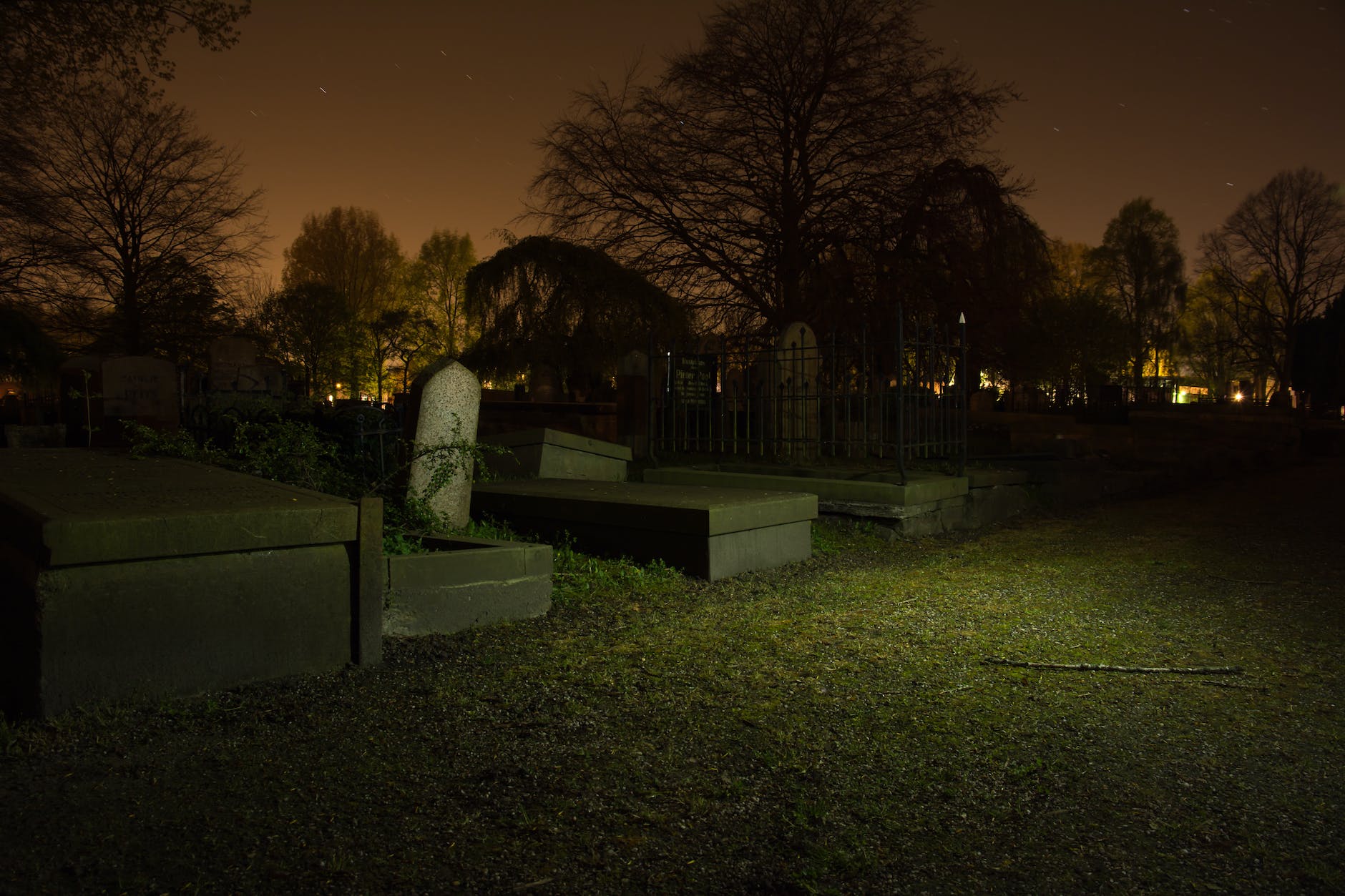
Another unique aspect of the funeral rites for a transgender is the belief that the rituals must be carried out at night. The transgender community believes that death is a taboo subject and the rituals must be conducted in secrecy. The members of the community perform the last rites at night, away from the prying eyes of society. This practice is a reflection of the stigma associated with the third gender in India.
Fighting for their Rights of Last Rites
Efforts by several NGOs, and social activists have been making efforts to ensure that the deceased members of the trans community have access to a dignified way of conducting their last rites. Many representatives from the transgender community have stood on international forums to spread awareness and highlight the importance of safeguarding their civil rights as well as promoting the importance of equal, unbiased opportunities for them across different sectors in the society.
- Rishabh Jalan
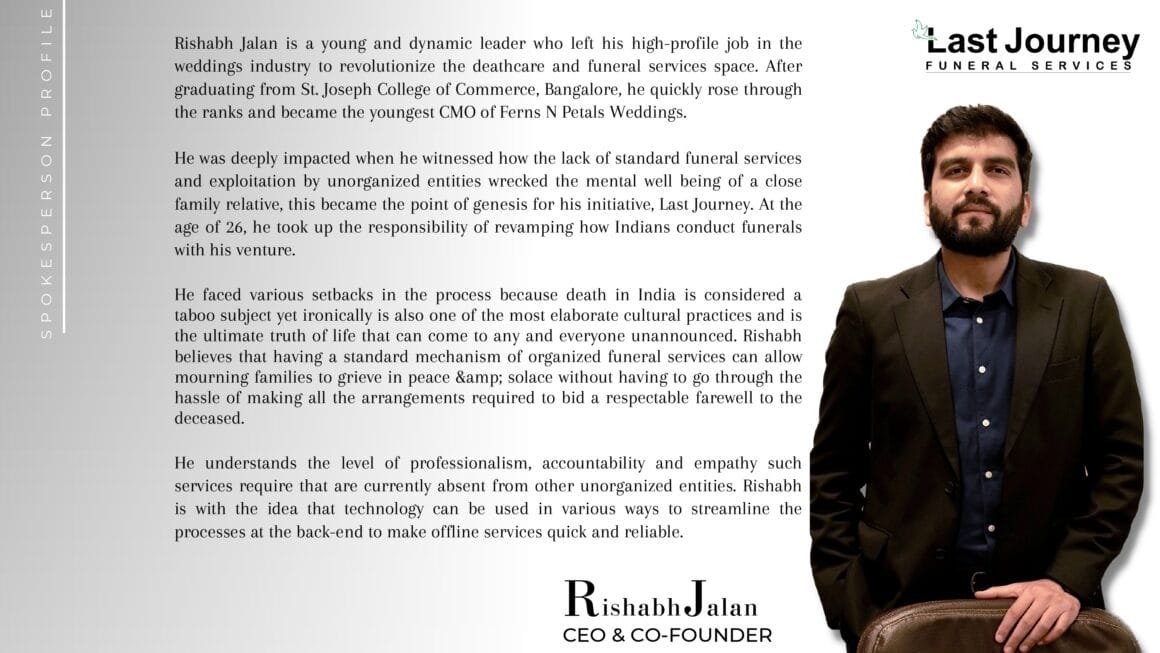
CEO & Co-Founder
Last Journey Death Care & Funeral Services

 Add to favorites
Add to favorites


